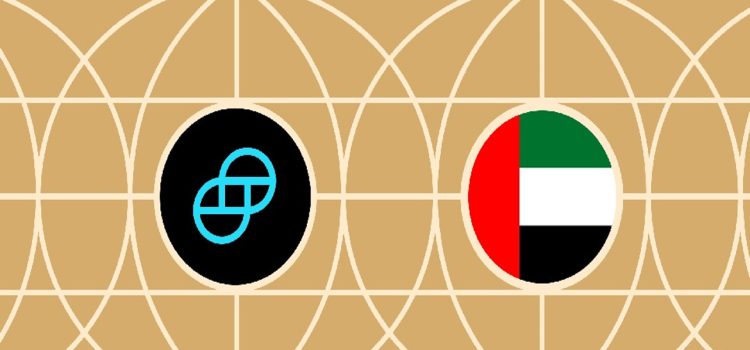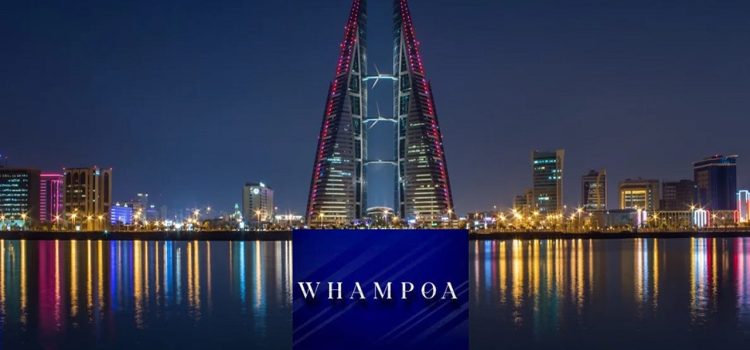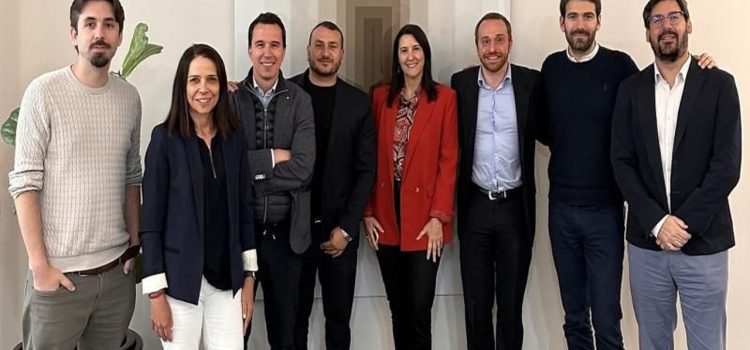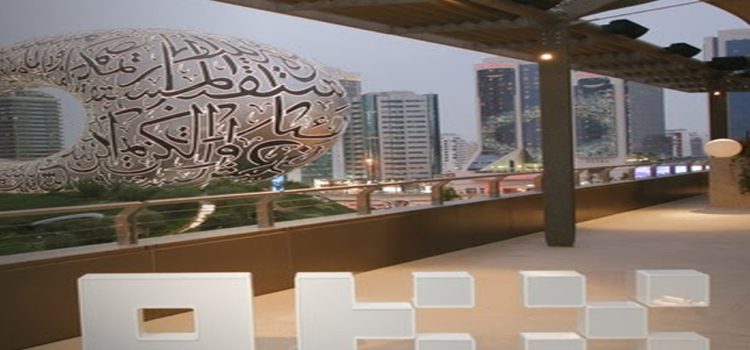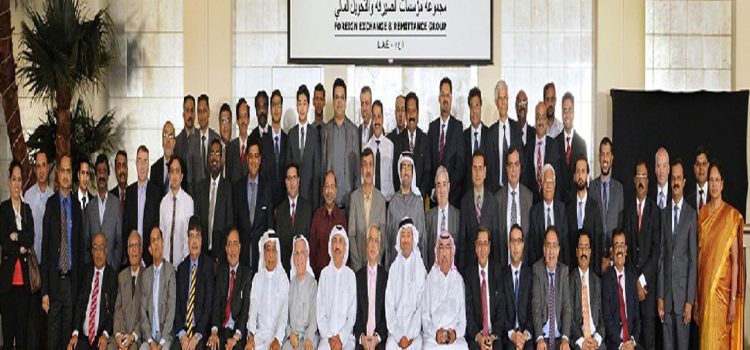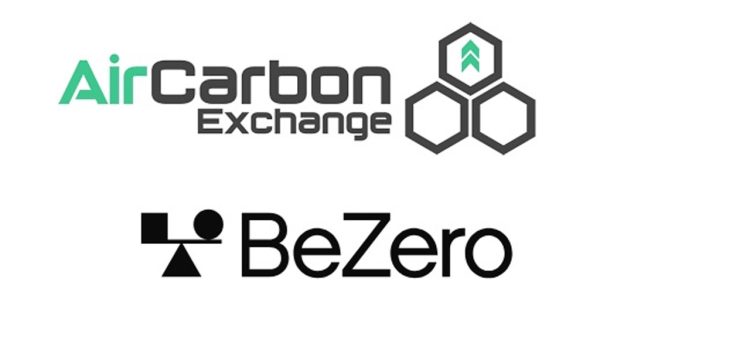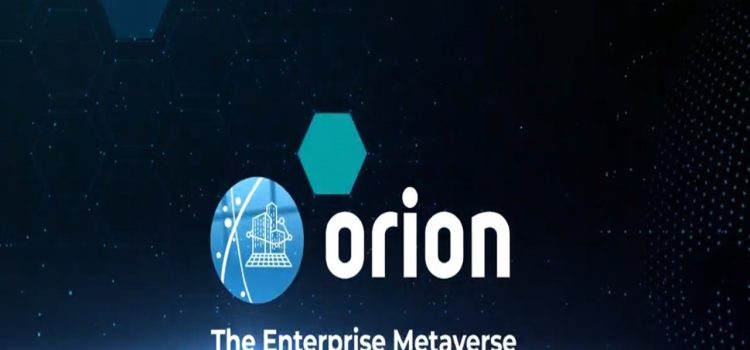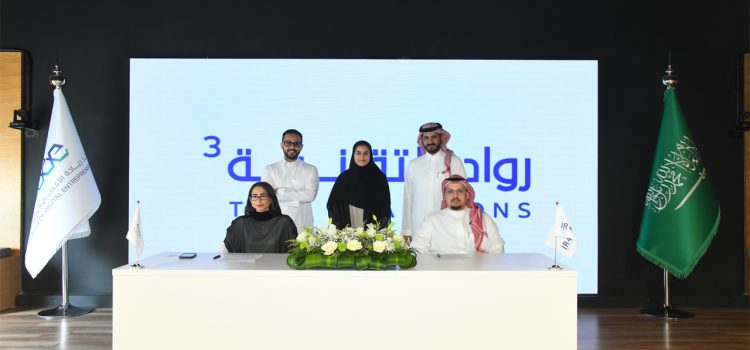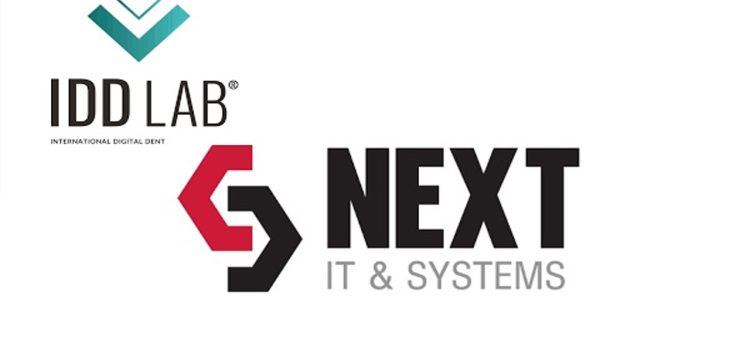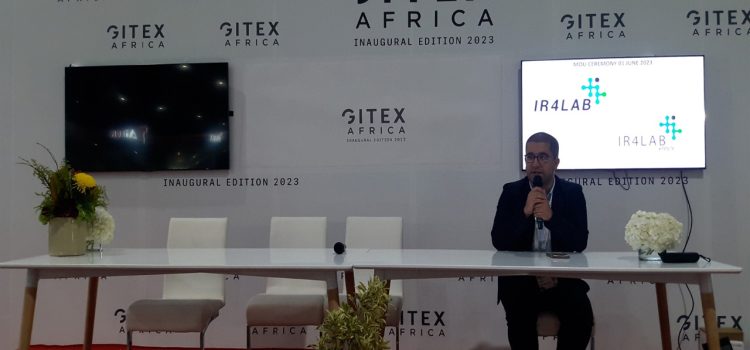
Gemini crypto exchange announced that it has commenced with the process of acquiring a crypto exchange license in the UAE to better serve customers based in the country.
According to Gemini post, “ As a forward-thinking, global financial hub, the UAE is continuing its tradition of leadership by establishing itself as a fast-emerging hub for crypto. By applying for a license, we will be taking another step towards making Gemini a truly global company and advancing our mission to unlock the next era of financial, personal, and creative freedom for all.”
In the week of June 11th 2023, Gemini met with stakeholders thought the region to learn more about the local regulatory requirements and the needs of crypto users.
Gemini added, “ As part of Gemini’s 2022 Global State of Crypto Report, we took a look at adoption of crypto globally across 20 countries. We found that those in the UAE were rapidly acquiring crypto and putting it to use making in-person purchases. We also found high intent to purchase crypto among those who were not yet owners:”
As per the Geminin 2022 global state of crypto report, more than 35% of those surveyed in the UAE had purchased crypto, compared to only 20% of those in the US. While nearly 32% of non-owners in the UAE said they are likely to purchase crypto in the next year.
33% of those in the UAE who own some crypto use it to make in-person purchases at brick-and-mortar retailers, compared to just 19% of owners globally. Blog state of crypto 2023
Gemini based on the findings from the report and the conversations with regulatory stakeholders, startups and other ecosystem participants decided to further cement their interest in investing in the UAE and becoming part of their crypto community.
Gemini has now joined the roster of other global exchanges seeking to be regulated in the UAE, including crypto.com, Binance, OKX, Maskex, Coinbase and many others.
This has also been spurred by the recent crypto shake down happening in the USA.








